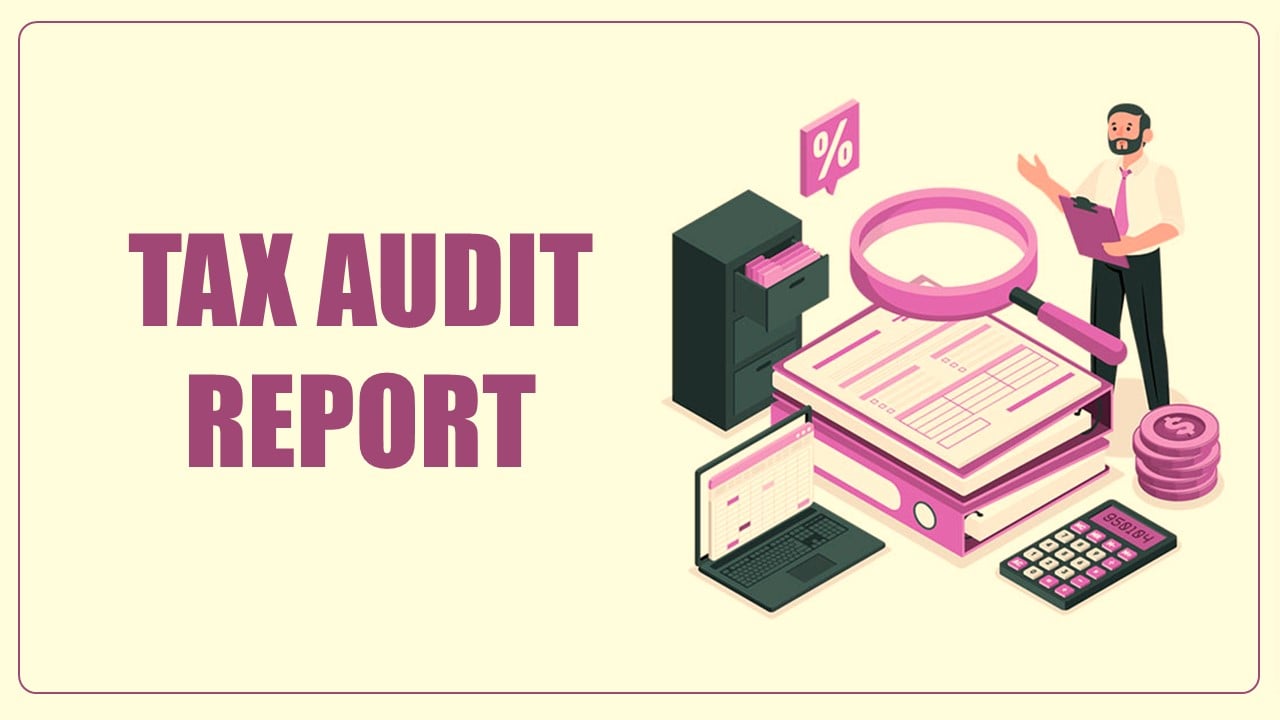Senate plan would extend government funding for six weeks. Per Politico, Senate leaders proposed a six-week stopgap funding bill that would leave out additional Ukraine aid and disaster relief funds. Meanwhile, House Speaker Kevin McCarthy (R-CA) is saying yes to the major spending cuts demanded by the more conservative wing of the Republican caucus, which would cut child care and education subsidies, medical research, and other federal operations by an additional $150 billion per year. McCarthy said he plans to bring a GOP-crafted continuing resolution to the floor this week and expressed interest in meeting with President Biden.
How much are Columbia University and New York University (NYU) benefitting from tax breaks? The New York Times and the Hechinger Report reveal the scope of property tax breaks afforded to the New York City-based universities due to their nonprofit status. State law has authorized the tax breaks for nonprofits since 1799. Property tax revenue accounts for more than 40 percent of the city’s total tax collections. Columbia, with a $14.3 billion endowment, saves over $182 million a year in property taxes, according to an analysis by the Times, while NYU saved $145 million this year. A state assemblyman has proposed ending property tax exemptions for private higher education institutions with real estate exemptions of more than $50 million.
Ohio lawmakers propose tax credits for pet-friendly landlords. Under a bill proposed by two dog-owning state representatives, landlords would be able to receive a tax credit worth between $750 to $7,500 per pet-friendly leased unit, as long as they don’t restrict pets because of their breed or size, or impose nonrefundable fees or additional rent related to the pet. Restrictions would be in place for vicious or dangerous dogs.
German banks see ECB’s higher reserve requirements as a tax on deposits. The European Central Bank (ECB) in July announced a plan to offer zero interest on minimum reserves, down from 3.25 percent. Lenders in the euro area will lose €6.6 billion ($7 billion) of revenue over 12 months, with German banks accounting for €1.8 billion of that, says the Association of German Banks. A spokesman for the group says the reserve zero-interest requirement amounts to a tax on deposits.
For the latest tax news, subscribe to the Tax Policy Center’s Daily Deduction. Sign up here to have it delivered to your inbox weekdays at 8:00 am (Mondays only when Congress is in recess). We welcome tips on new research or other news. Email Renu Zaretsky at [email protected].




